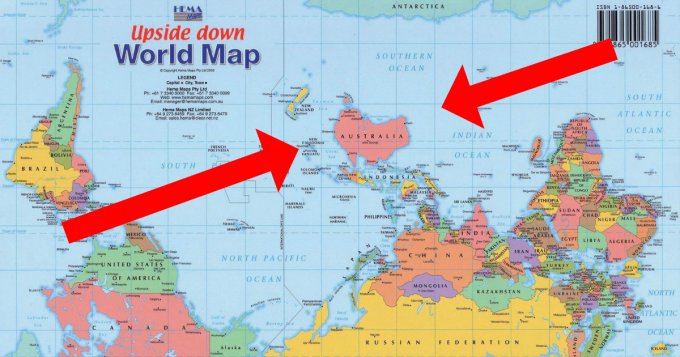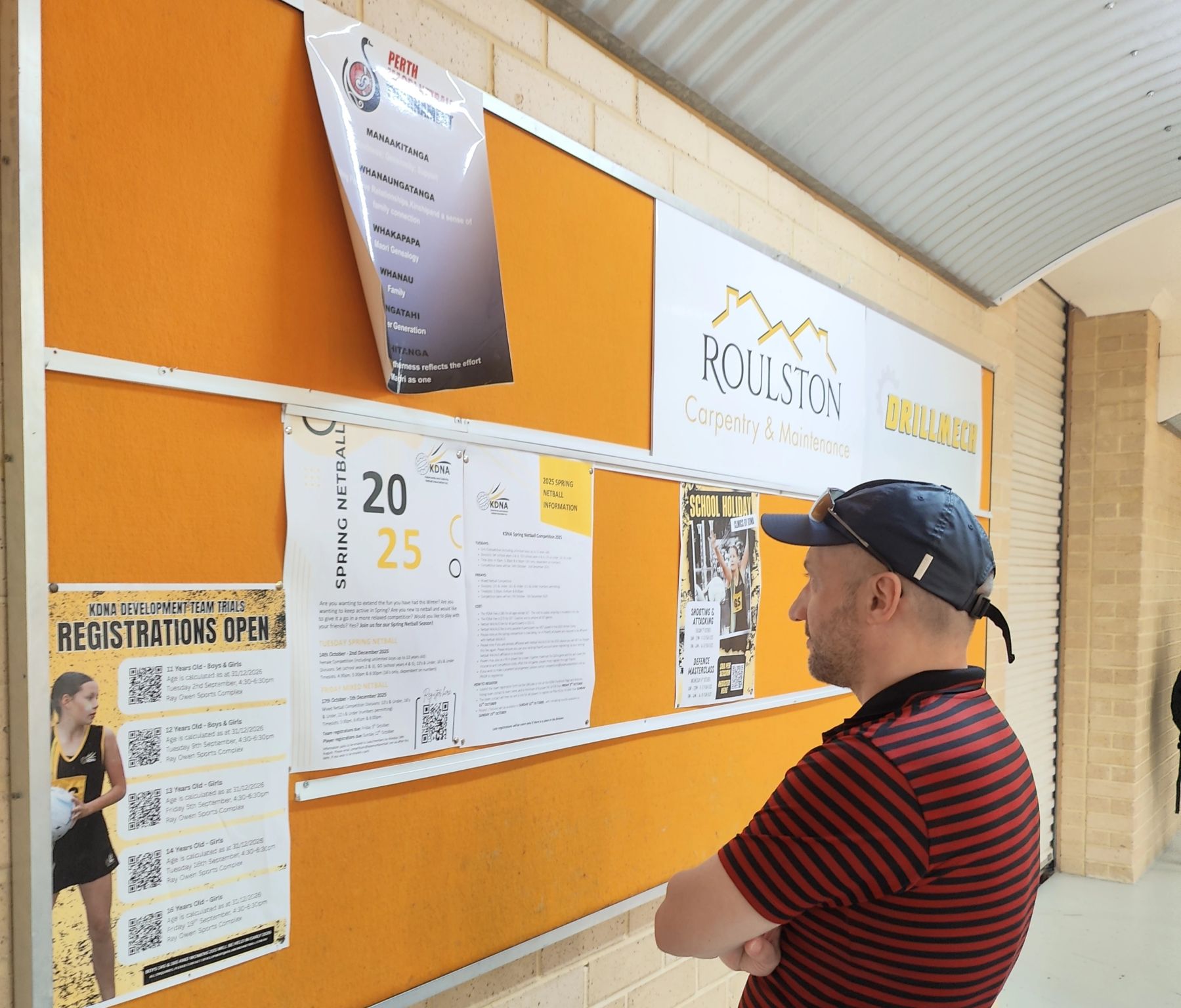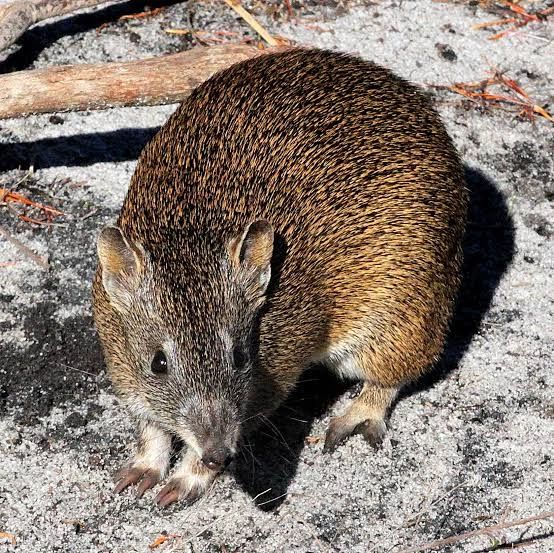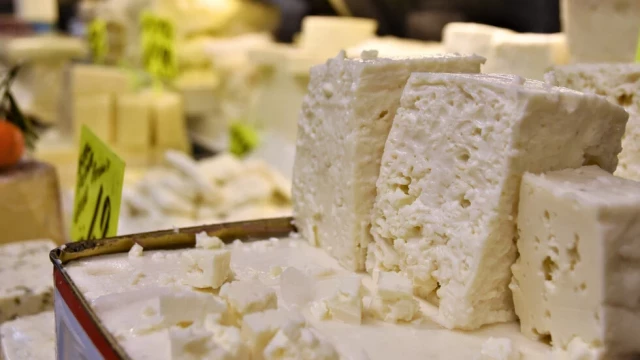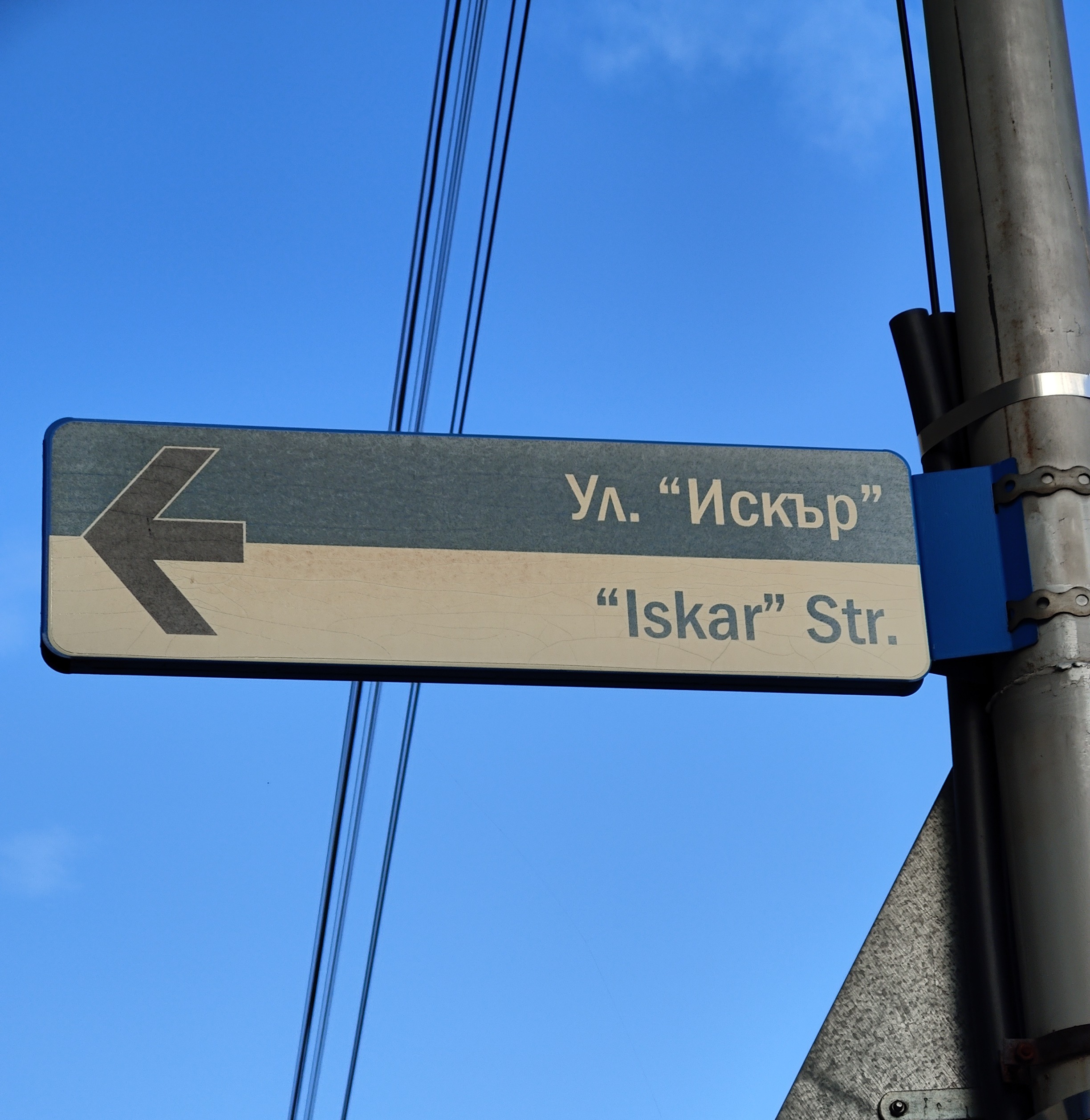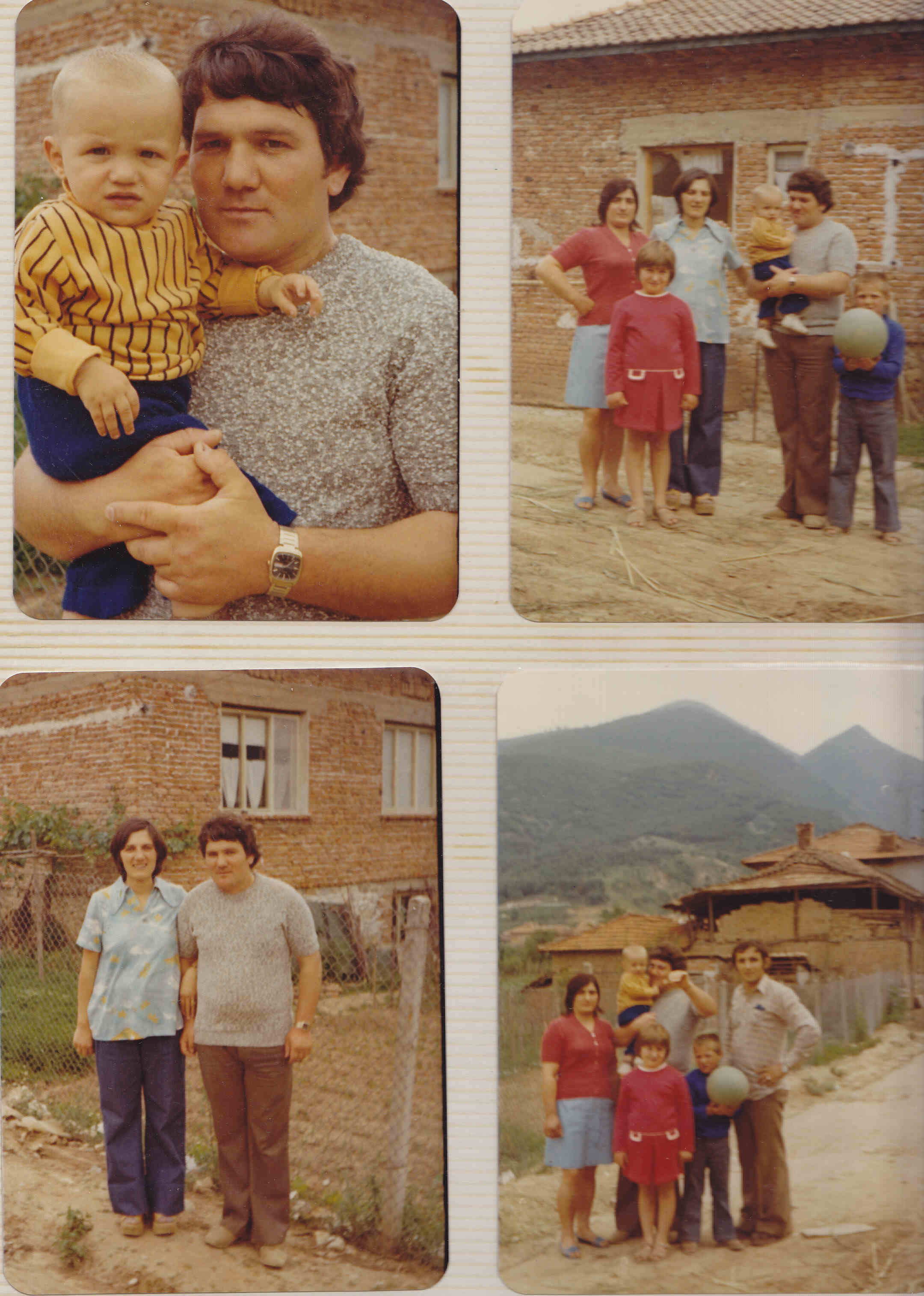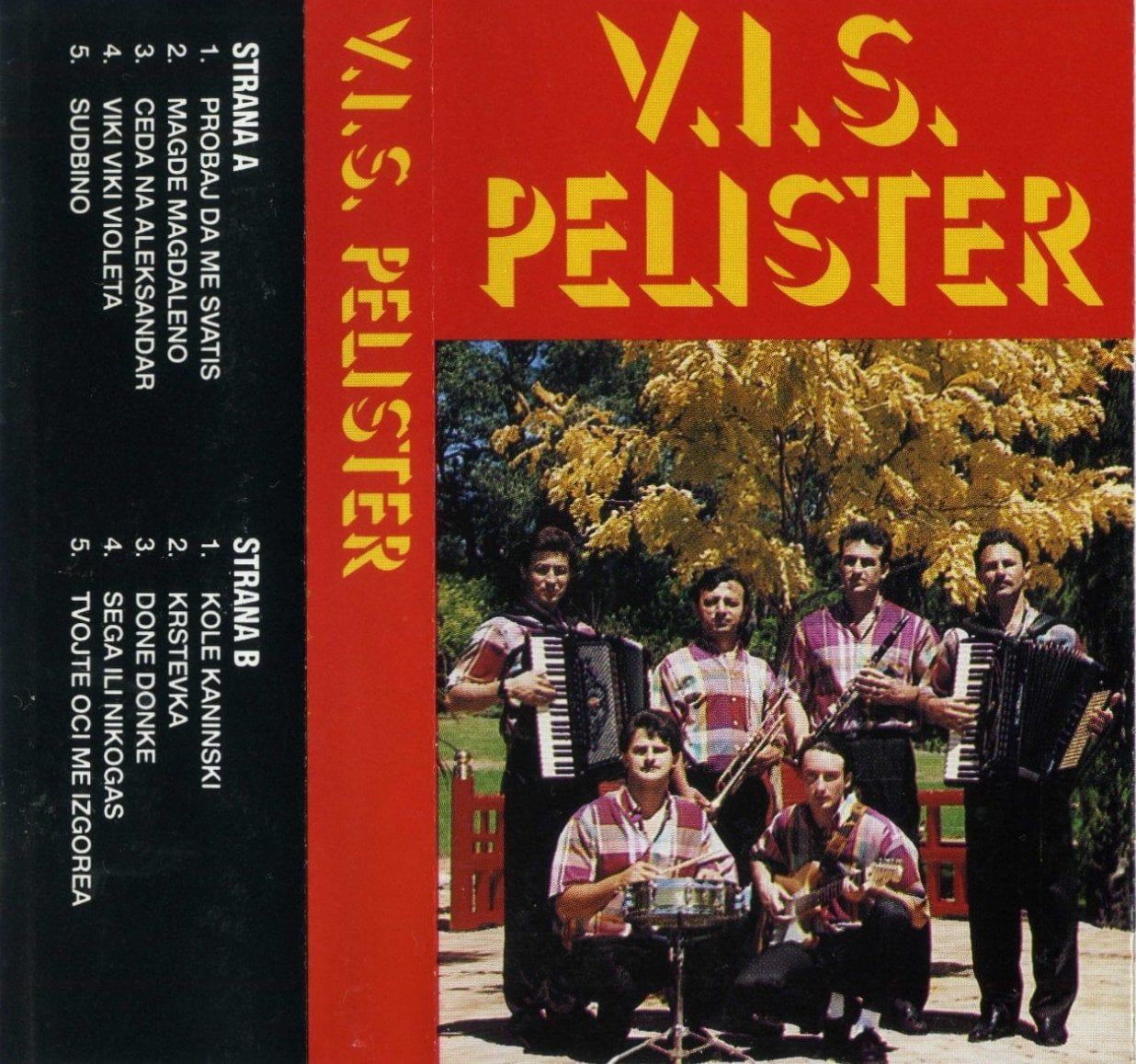Another lesson on why localisation is important, especially for Australia. This time it's peanut butter... or peanut paste.
You might've heard last week the UK's Court of Appeal ruled that Swedish vegan milk alternative manufacturer Oatly could no longer market its products as "milk" lest people mistake them for "real" i.e. dairy milk. This is unlike in the EU or the USA, where the authorities have ruled that milk alternatives can be marketed as "milk", though with conditions.
But we've been here before.
Let's go back a century to 1920s Australia, where the country's dairy producers were up in arms over a new product to hit the shops, peanut butter. Their argument was it could not be labelled as "butter" because it did not contain milk and could be mistaken for the "real" stuff. In 1929, the diary producers of the state of Queensland won, where from then on "peanut butter" was by law "peanut paste". South Australia and Western Australia followed suit, but the rest of Australia stuck to "peanut butter", setting the grounds for one of Australia's few regionalisms (local words).
You see, despite being the size of continental Europe; unlike the UK, Ireland or North America; and contrary to what many Australians would lead you to believe, Australia is remarkable in the nationwide uniformity of its English, whether by accent or vocabulary. Still, there are a small number of region-specific words (regionalisms) in Australian English, and their users defend them to the core.
All was fine with peanut butter/paste in their respective states until the 1950s, when improvements in rail and road infrastructure ushered in nationwide distribution systems. But how then to label "peanut butter" when some states mandated the term "peanut paste"? Some national advertisements got around this by stating "peanut butter (known in some states as peanut paste)". Printing separate labels on a state-by-state basis was a solution, albeit very expensive and cumbersome, but by the 1970s "peanut butter" won out. However, to this day many people in Queensland, South Australia and Western Australia will fight tooth and nail insisting it's only "peanut paste", with your more passionate advocates vilifying the term "peanut butter" as a "vile Americanism" (it's not).
While this debate over the term for this otherwise seemingly innocuous food item could be dismissed as trivial and even anachronistic, earlier this week Australia's most popular social media group dedicated to consumer nostalgia had to close its comments section to a post about peanut paste/peanut butter as, in true social media form, things became ugly very quickly.
For more about this peanut paste name ban, have a look here at this ABC report from 2023.
This goes to show that now more than ever you need good market research and the appropriate linguistic insight and validation before launching a product, service or even content. To maximise your return on investment and avoid costly PR disasters with the lucrative Australian market, hire a professional who knows Australian English inside out. That's me. Drop me a line at info@nicknasev.com and let's discuss.



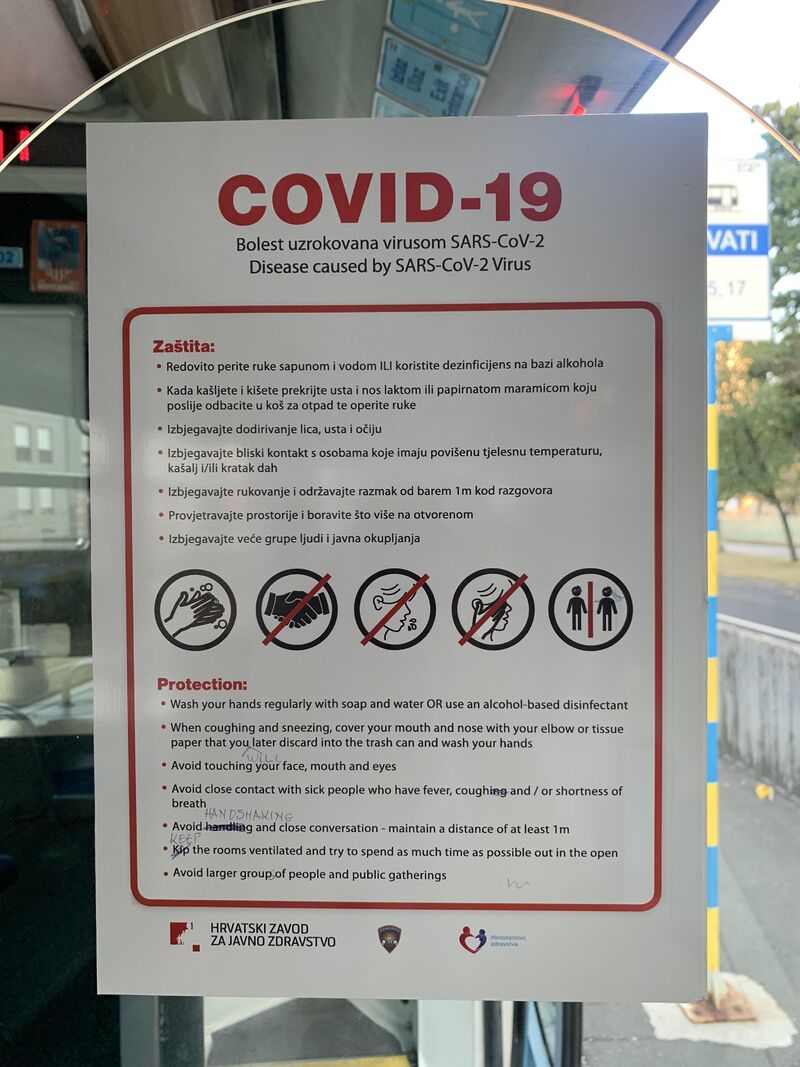


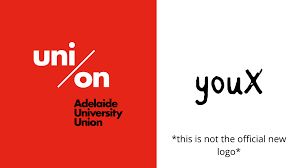

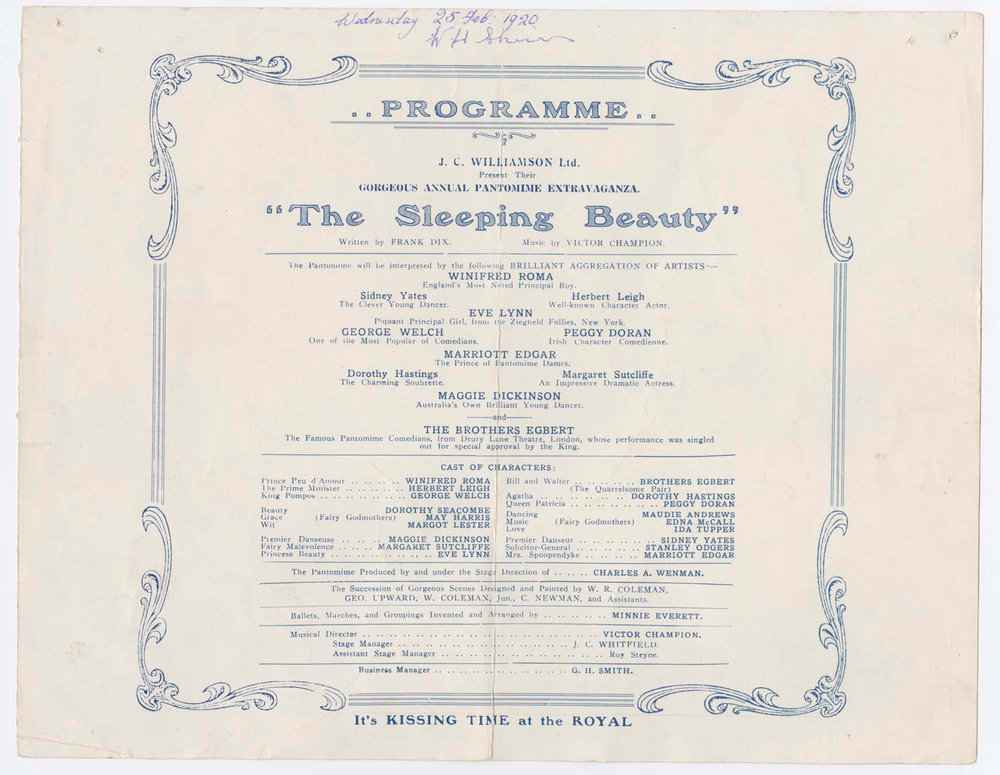
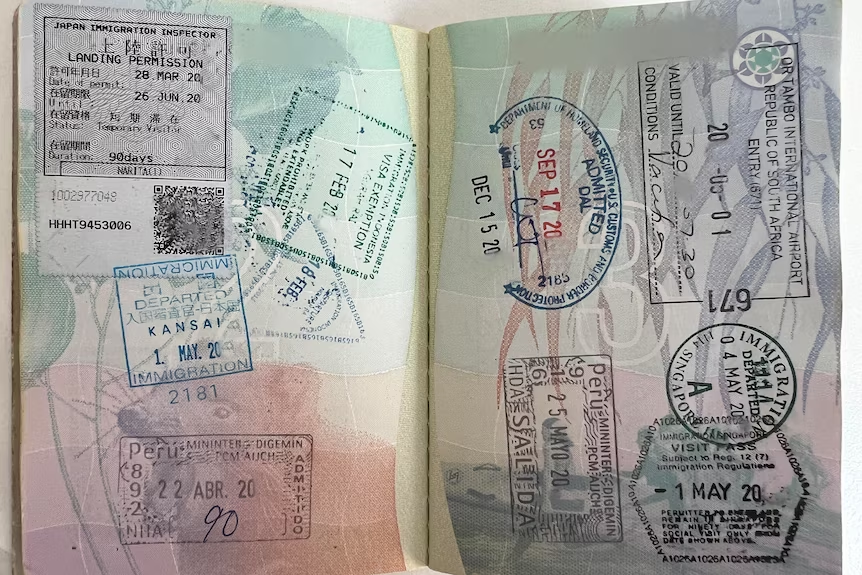













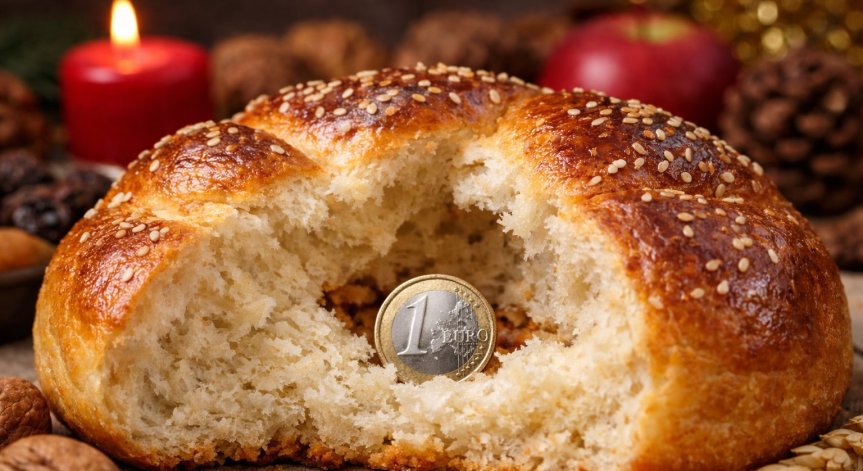

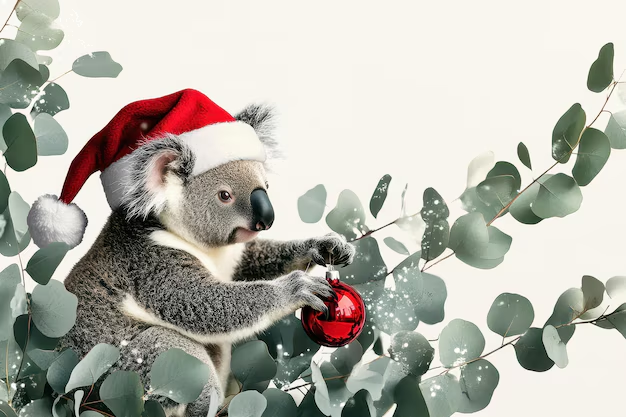


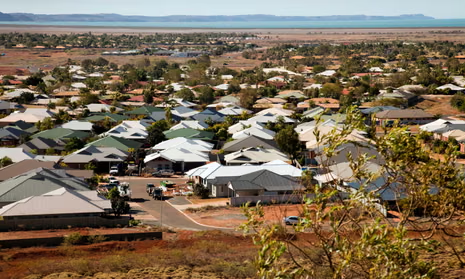

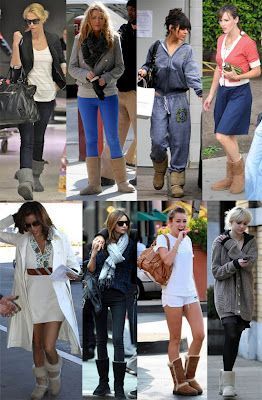











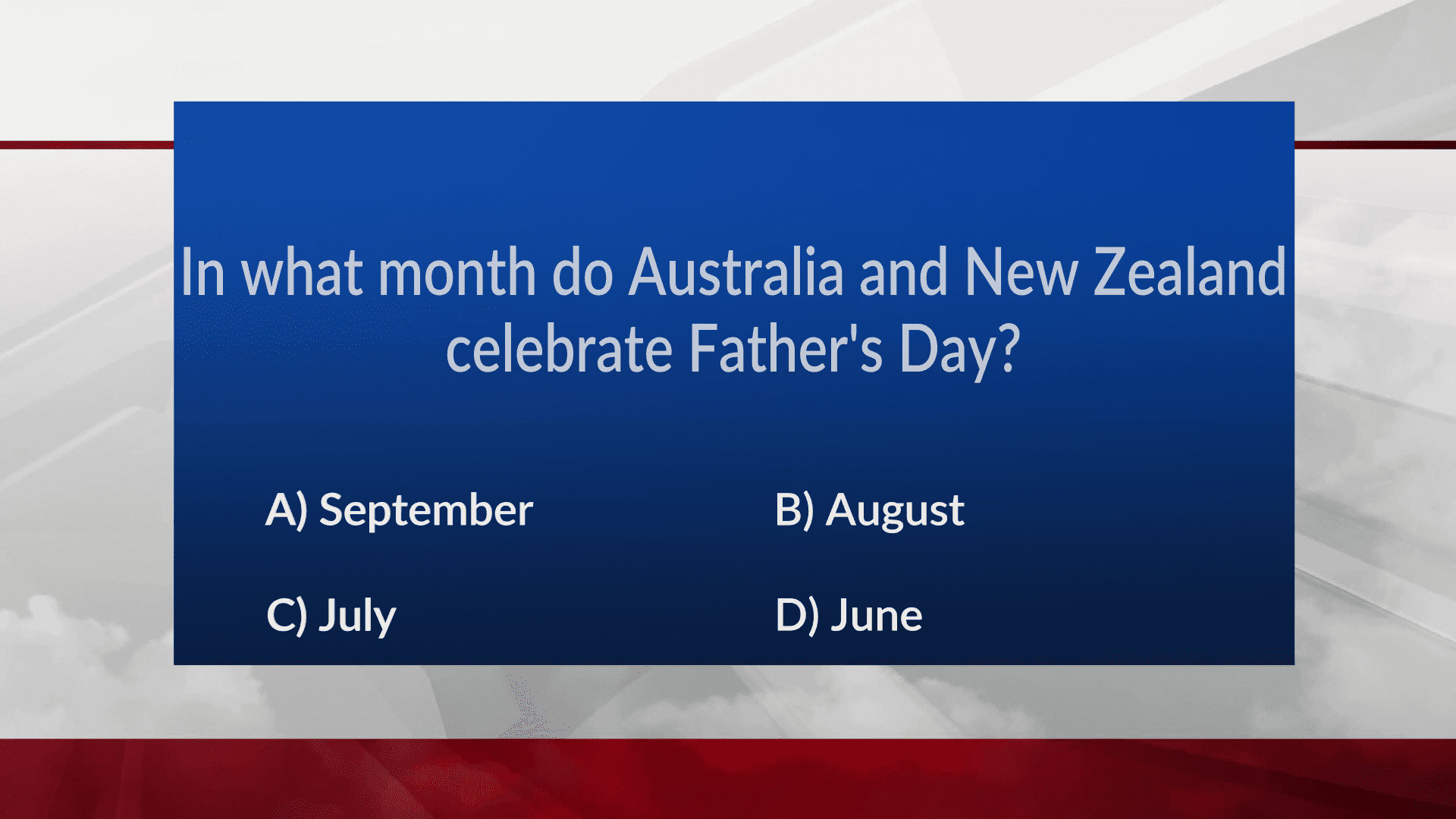




















































.%20A%20day%20of%20campaigning%20%E2%99%80%20%E2%80%A6%20or%20a%20day%20to%20buy%20flowers%20%F0%9F%92%90.jpg)
